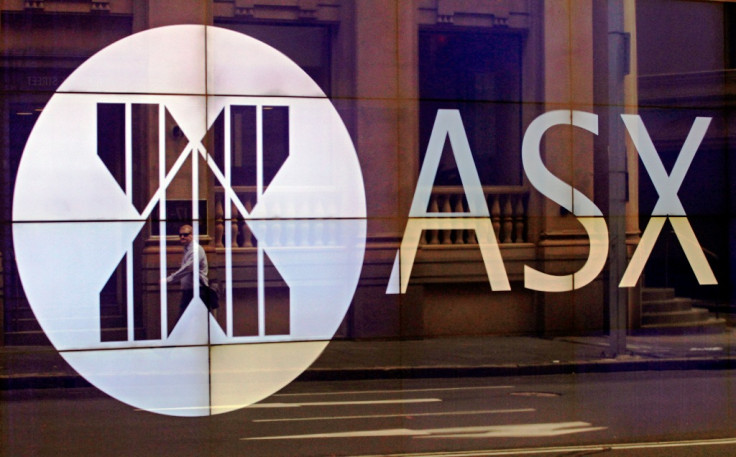Asian markets round-up: Most indices trade lower as investors take profits

Most Asian markets traded lower on 24 April, despite a strong handover from Wall Street overnight, as investors took profits.
The Japanese Nikkei finished 0.83%, or 167.61 points, lower at 20,020.04.
Australia's S&P/ASX finished 1.51%, or 88.50 points, higher at 5,933.30.
South Korea's Kospi finished 0.63%, or 13.61 points, lower at 2,159.80.
The Shanghai Composite finished 0.47%, or 20.82 points, lower at 4,393.69.
Hong Kong's Hang Seng finished 0.84%, or 233.28 points, higher at 28,060.98.
India's S&P BSE Sensex finished 1.07%, or 297.08 points, lower at 27,437.94.
Market movements
Australia's ASX was the region's top-performer, as a broad-based rally drove the index to a one-week high.
Stan Shamu, IG's market strategist, said in a note to clients: "The ASX 200 has managed to dig itself out of the hole it's been in all week and is actually now eyeing a weekly gain after having spent most of the week in the red."
Scott Schuberg, CEO of Rivkin Securities, wrote in a note: "Australian markets and traders are now split on whether the Reserve Bank of Australia (RBA) will cut rates at their May meeting, the week after next. As I stated earlier in the week, inflation expectations for Australia were already low coming into the official data release on [22 April] so this didn't give the market any reason to fuel bets of a cut. So we now have a situation where the interbank cash rate yield curve has changed quite a bit.
"You'll remember that the market was pricing an April or May cut as a near certainty just a month or so ago, and now the brakes have been slapped on and it is unclear as to whether we'll be waiting until May, June or July for this cut. [Governor] Glenn Stevens's concession that the RBA can do very little to affect the confidence of consumers has been very clear, given low wage growth, elevated household debt and thus a lack of the ability to encourage savers to bring their spending forward. This does conflict with his clear view that the Australian dollar should be lower than it is presently - hence the market is confused. The interbank cash rate futures are pricing an exact 50% chance of a cut on 5 May."
Company Stocks
In Sydney, metals and energy stocks gained on the back of upbeat iron ore, gold and oil prices.
Fortescue Metals Group finished 5.74% higher while BC Iron closed 5% higher.
Origin Energy closed 3.96% higher while Santos finished 2.56% higher.
In Tokyo, airlines stocks were pulled down by higher oil prices. Japan Airlines finished 2.94% lower.
Automaker Honda finished 0.60% higher, a day after the group unveiled its first business jet.
In Seoul, Kia Motors finished 2.42% higher on upbeat first-quarter results, while larger affiliate Hyundai Motor gained 1.14% despite a 2.2% drop in first-quarter net profit.
Korea's top builder Samsung C&T lost 3.58%, pulled down by dismal first-quarter earnings, which plunged 25.9%.
LG Display lost 2.2%, pulled down by news that the European Court of Justice had upheld a €210m (£151bn, $228m) fine imposed on the firm for participating in a cartel of LCD panel makers between 2001 and 2006.
In Shanghai, real estate and banking stocks traded lower. Poly Real Estate Group lost 4.05%.
Bank of China and Industrial and Commercial Bank of China (ICBC) finished 2.92% and 2.74% lower respectively.
Securities firms like Citic Securities and China Merchants Securities lost 3.91% and 4.02% respectively, pulled down by speculation that China's markets regulator could hike taxes on local stock investors.
In Hong Kong, HSBC was trading 3.25% higher at 3.42pm local time, ahead of the Asia-focused lender's annual general meeting in London on Friday, scheduled to commence at 11.00am BST.
In Mumbai, Infosys, the nation's second-largest software exporter, was trading 0.64% lower at 1.28pm local time ahead of the release of its quarterly results.
© Copyright IBTimes 2024. All rights reserved.






